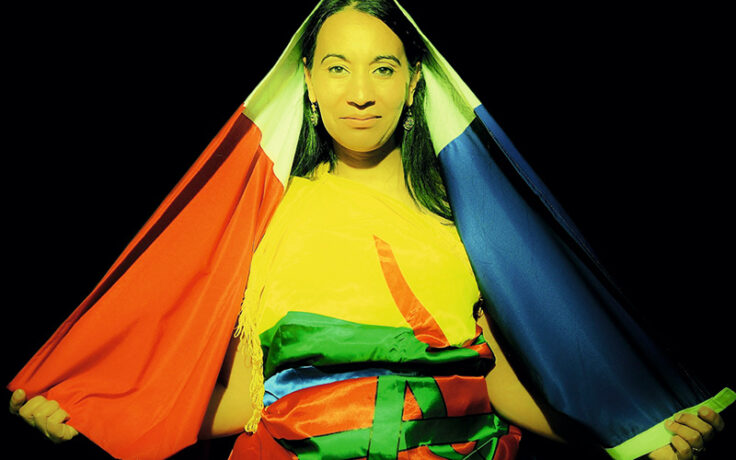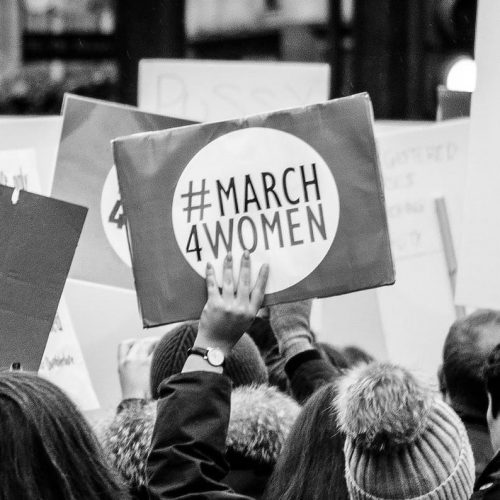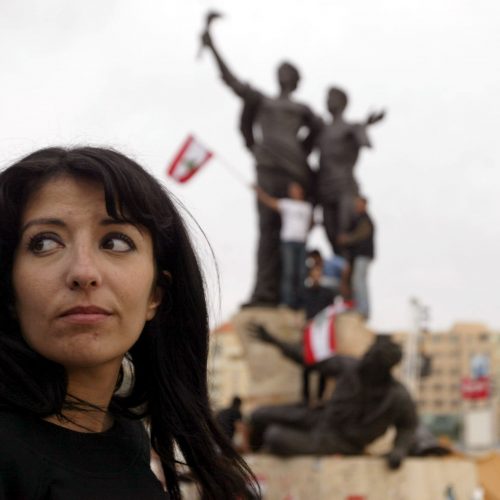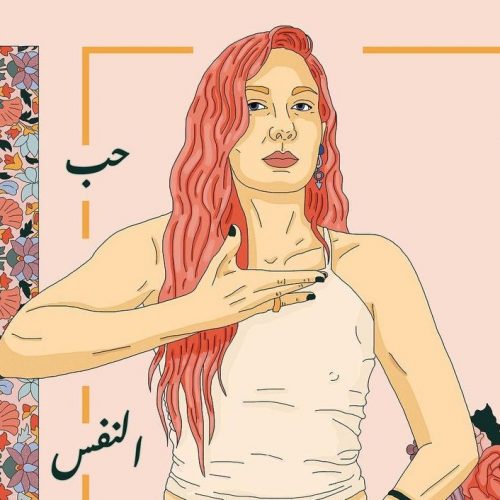As a part of Shubbak (London’s biennial contemporary Arab culture festival), West London’s contemporary art gallery the Mosaic Rooms is exhibiting Raw Queens, an exhibition that’s making space for Morocco’s leading female artists.
The exhibition aims to offer “a cultural and political re-evaluation of perceptions of women in the Arab world” and is curated by leading female curator and director of Morocco’s Kulte Center for Visual Art and Editions, Yasmina Naji. Naji is the third collaborator in the Mosaic Rooms’ series of regional curators, having already curated art shows from Egypt and Iran. This continual dedication to the profiling of Middle Eastern contemporary art shows that the emergence of Arab art in the contemporary sphere is not being treated as a commodity, with the art industry broadening its horizons and making space for more globalised representation. And the very nature of the exhibition inherently challenges the intersections of feminist art, by broadening female subjectivity to the young Arab woman.
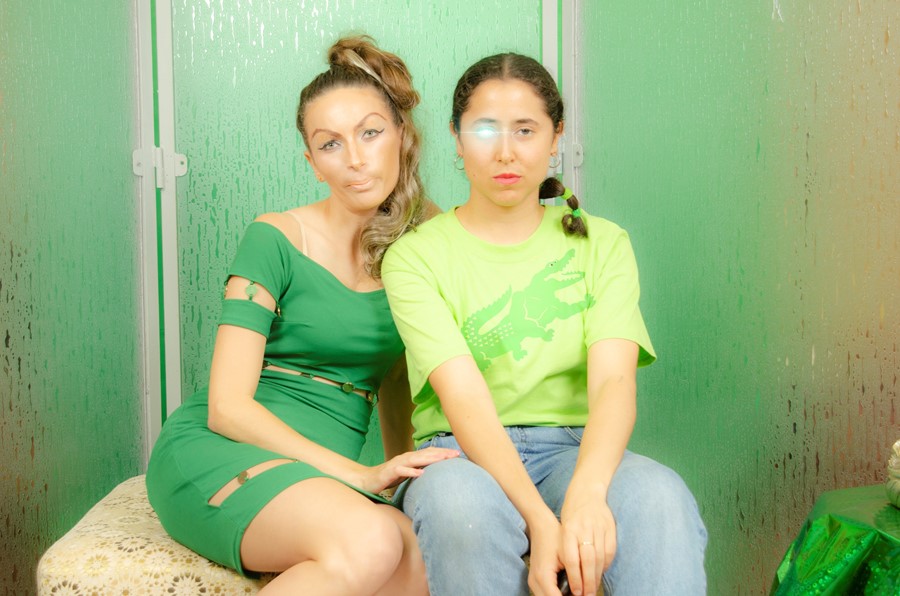
The stars of the show are New York-based Rabat-born Meriem Bennani, and Casablanca-born Fatima Mazmouz. Both artists work intermedially with video, painting and photography, by pushing the boundaries of multimedia art through embodying hybridity into their identities as artists, Bennani and Mazmouz create innovative work where the creative use of technology challenges the traditional Middle Eastern art scene. However, above all, Bennani and Mazmouz’s art is specific to their lived experiences as Moroccan women, subjectivities which are not only valuable to representation within curated white spaces; but also to the changing face of the post-industrial digitalised art scene.
Meriem Bennani’s work explores femininity in Moroccan pop culture. Her video installation Ghariba (2017) is a tongue-and-cheek play with the generic codes of soap opera. It’s a moving-portrait of four Moroccan women as they navigate daily life under the guise of a reality TV programme, an exposé of the private versus public lives of these women. As the title suggests, the digital enhancement of these women’s daily lives subverts the audience’s expectations and is inherently strange to their experience. The melodramatic flair shows the dramatic connotations of women trying to navigate daily life in Morocco, particularly personal interactions such as dating and the local community.
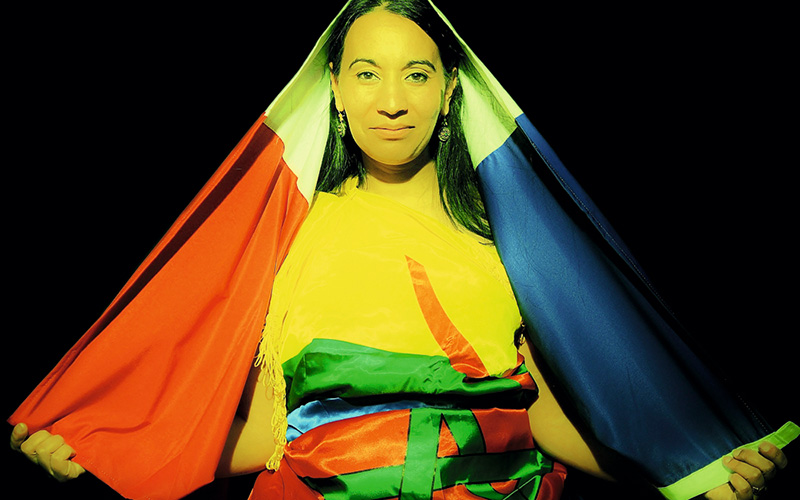
Meanwhile Fatima Mazmouz focalizes the reconstruction of female-identity in a postcolonial context. She mainly does this through performance art, using her body to literally embody the experience of becoming a woman while in the wake of colonial influence. For the exhibition, Mazmouz studied Aita, a traditional art form that is still active in popular Moroccan culture today. She studied the Chikates, the Aita performers who had a particular influence upon Moroccan literature and activism. As the Chikha woman dances, she embodies different mythological forms, such as a snake or a horse, using her body to express the rich oral history of the country and using her moving-body as a weapon mode of resistance. Imitating the steps of famous Chikha war dances, Mazmouz honours the tradition of these free and disobedient Moroccan women.
Raw Queens, July 5 – August 14, The Mosaic Rooms, London





